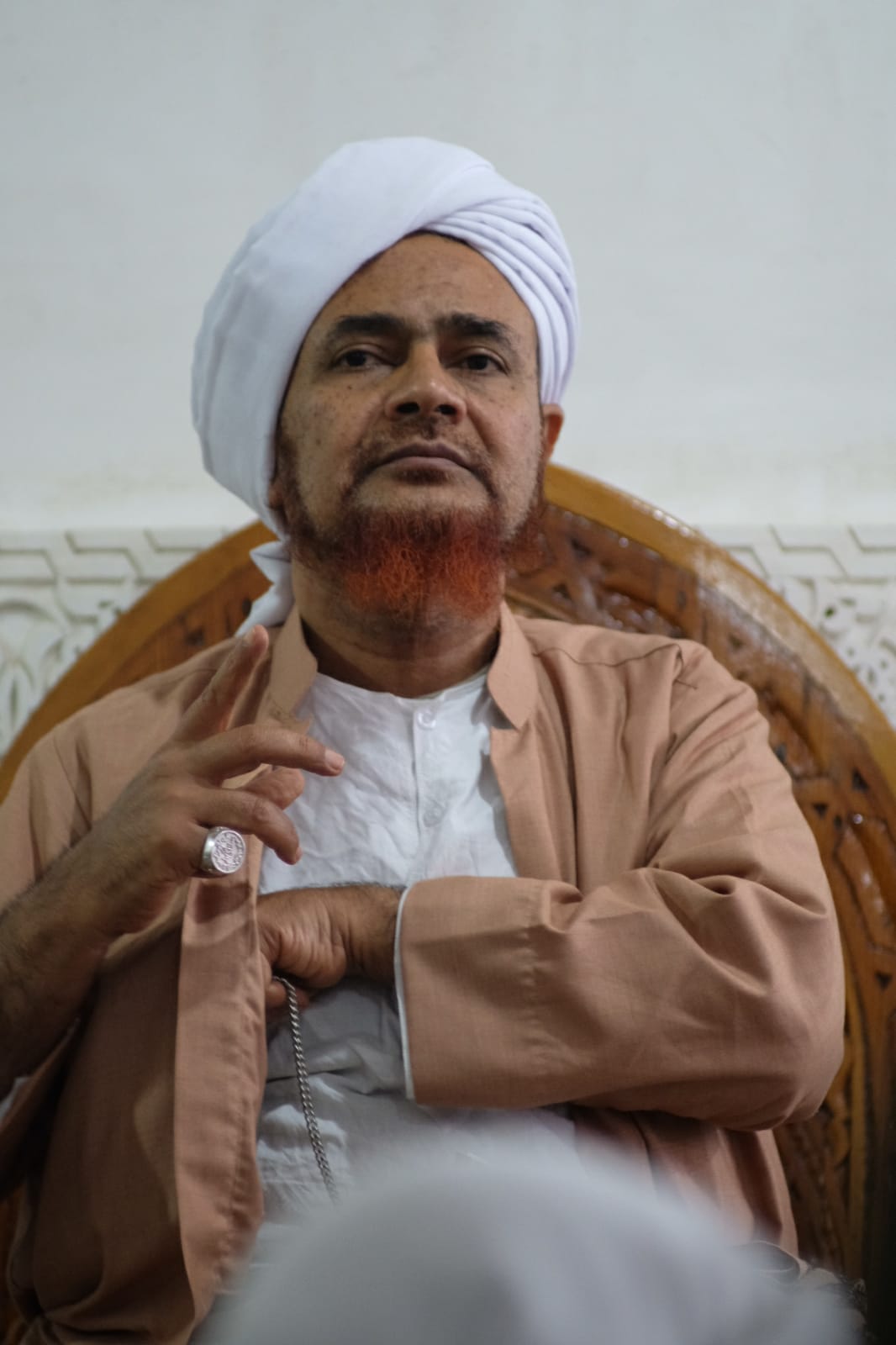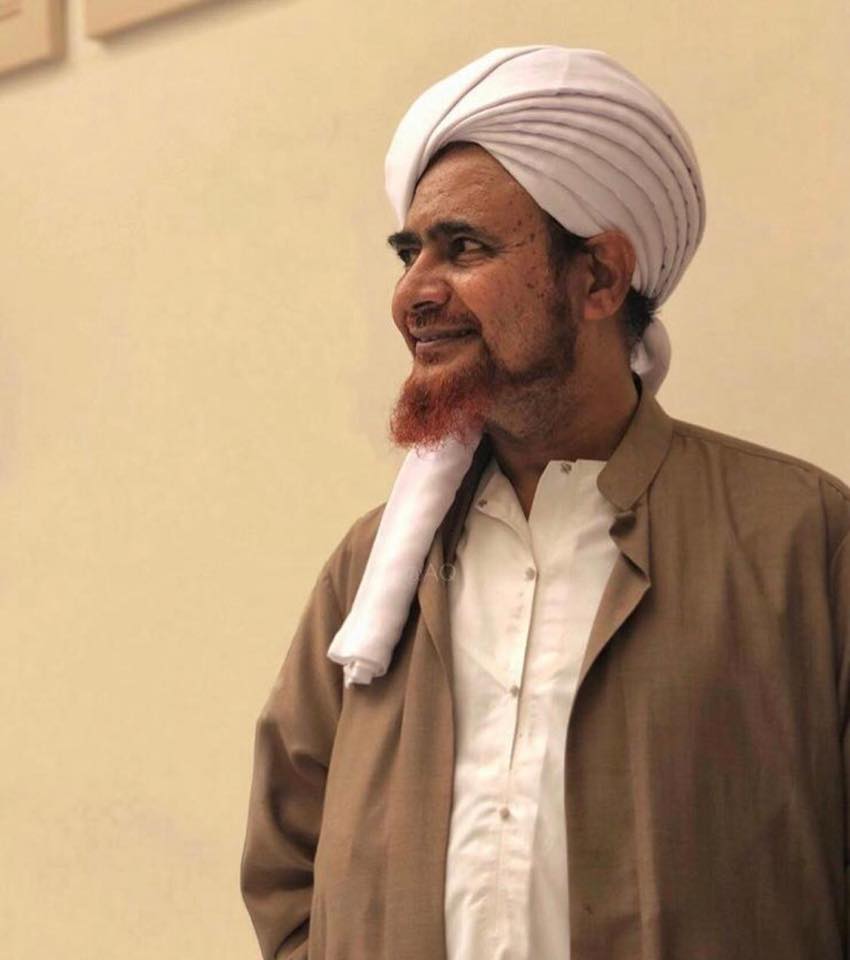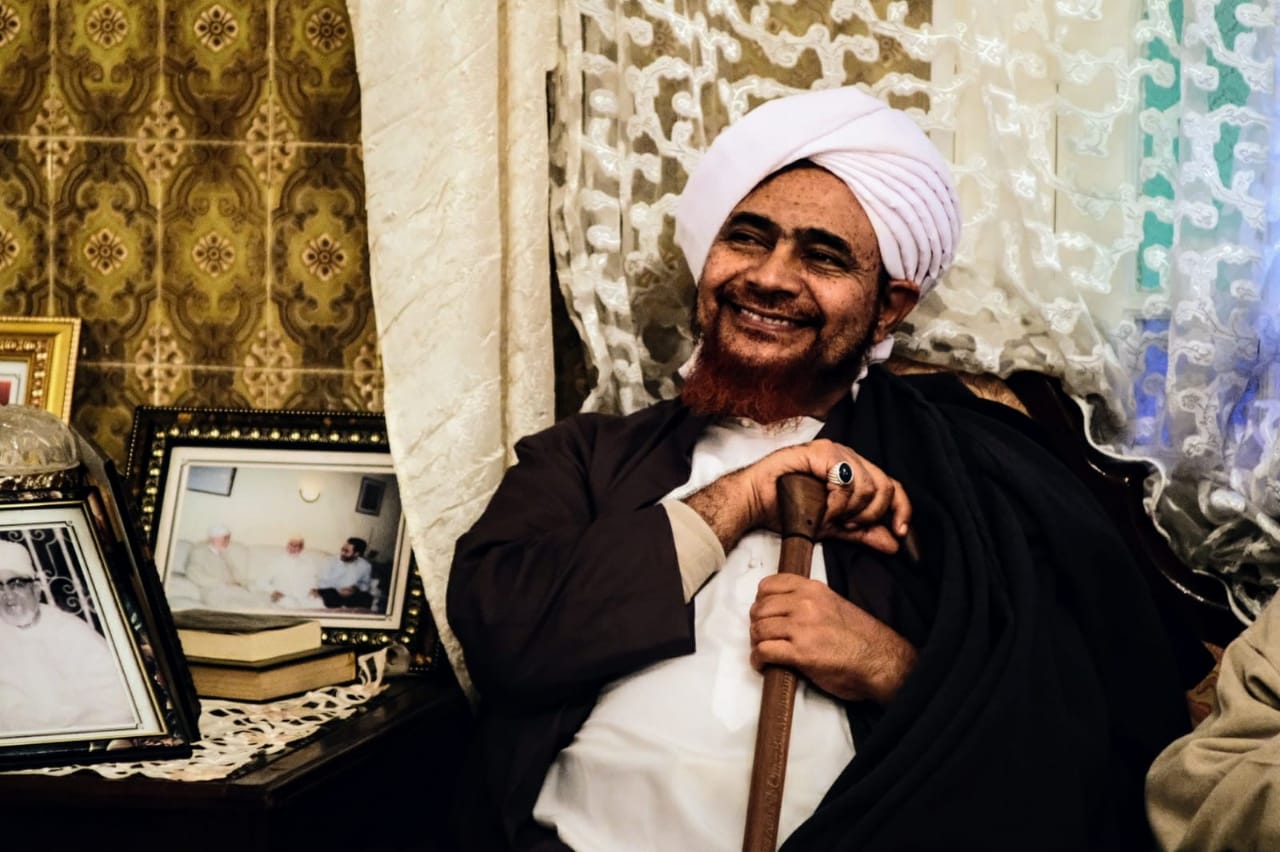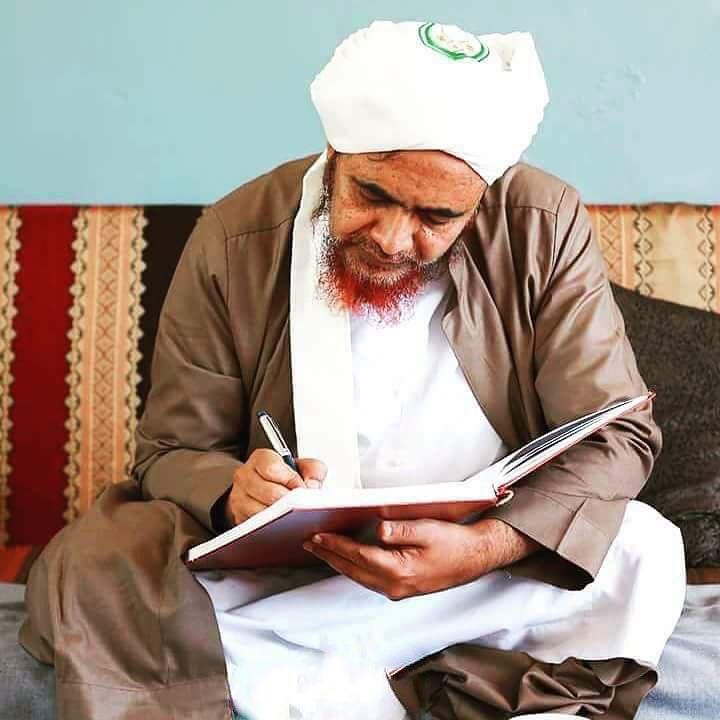Short observations and insights from Habib Ali al-Jifri (may Allah protect him and benefit us by him) on a range of topics. Continue reading Habib Ali al-Jifri’s Observations
Category: Travelling the Path
Imam al-Haddad on Steadfastness
In this short poem, Imam al-Haddad counsels us to be people of sabr (steadfastness or patience). He extols the virtues of steadfastness, gives glad tidings to those who possess this trait and points to its connection to other lofty spiritual stations. He reminds us of the nature of tribulations and their connection to the divine decree. Finally, he calls upon us to emulate the steadfastness of the pious who have gone before and their master, the Prophet Muhammad ﷺ Continue reading Imam al-Haddad on Steadfastness
Placing Our Hopes in Allah Alone
Habib Umar bin Hafiz (may Allah preserve him and benefit us by him) tells the following story to illustrate the necessity of placing one’s hopes in Allah alone. (The story is narrated by Imam Ibn Asakir in Tarikh Dimashq) Continue reading Placing Our Hopes in Allah Alone
Dealing With Thoughts of Disbelief
Answered by Sayyidi Habib Umar bin Hafiz (may Allah protect him and benefit us by him)
Thoughts of disbelief sometimes come into my mind. Does this take me out of the fold of Islam?
No this does not take you out of the fold of Islam. We are only taken to account for the thoughts which we are content with and agree with. We will not be taken to account for the thoughts which you dislike and ignore. Continue reading Dealing With Thoughts of Disbelief
How Do We Avoid Backbiting?
Answered by Sayyidi Habib Umar bin Hafiz (may Allah protect him and benefit us by him)
How do we avoid backbiting (ghibah)?
We do this by bringing to mind the ugliness and danger of backbiting. We should also reflect on the punishment for it in the next life. In the Quran, Allah likens the person who backbites to someone who eats the flesh of his dead brother. We should see backbiting as a lightning bolt which destroys our good deeds. We should accustom ourselves to only mentioning a person’s good deeds and qualities if there is a benefit in doing so.
If we are tempted to backbite someone due to a perceived fault, we should do two things instead: pray for them and give them sincere advice either directly or indirectly.
Instead of allowing yourself to backbite, you must hold your tongue and use it to remember Allah. Instead of talking about worldly things, use wisdom in choosing a topic of conversation which is beneficial, such as stories of the Prophet, the Companions, the pious or the next life. In this way you will be acting upon the hadith: “Whoever believes in Allah and the Last Day should say what it is good or remain silent.”
The Scholar Who Worked as a Waiter
One of our teachers was Habib Muhammad bin Alawi al-Attas, a scholar and a true worshipper. He was known as ‘al-Zabidi’ because he spent some years studying with the scholars of Zabid (once a great centre of knowledge in Yemen). During his time there he chose to work as a waiter in a restaurant, not because he needed the money, but in order to refine his lower self (nafs): running round taking people’s orders, bring this, do this..
We visited him in his home in Huraydah at the end of his life with a group of scholars: among them Habib Mashhur bin Hafiz, Habib Umar bin Alawi al-Kaf, Habib Abdullah bin Muhammad bin Shihab and Habib Salim al-Shatiri.
He said: “Last night someone saw the Prophet ﷺ in this very room.”
May Allah have mercy upon him – a scholar who knew the importance of refining the nafs.
Habib Umar bin Hafiz (may Allah protect him and benefit us by him) during his commentary on Ihya Ulum al-Din, Dar al-Mustafa, 28th Dhu’l-Qa’dah 1440.
Seek Forgiveness for the Believing Men and Women
Sayyidi Habib Umar bin Hafiz (may Allah protect him and benefit us by him) marvels at Allah’s command to His Beloved ﷺ to seek forgiveness for the believing men and women and the Beloved’s request for us to do the same.
Be certain that there is no deity except Allah and seek forgiveness for your sins and for the sins of believing men and women (Muhammad, 47:19). In this, we observe Your mercy and compassion for the believing men and women as You address Your servant, the one You made absolutely compassionate and merciful to the believers. You say to him, “seek forgiveness for them, ask Me to forgive them, for I wish to forgive them. Turn to them, intercede for them and act as their intermediary, for you are the most beloved of all My creation to Me.” Continue reading Seek Forgiveness for the Believing Men and Women
The Origins of Dreams
Answered by Sayyidi Habib Umar bin Hafiz (may Allah protect him and benefit us by him)
How can you tell the origin of a dream?
Scholars like Imam al-Ghazali teach us principles for identifying the origin of the passing thoughts (khawatir) that come to the heart. Those thoughts may be divine (directly from Allah), angelic, satanic (from the whisperings of the Devil) or from the lower self (nafs). Continue reading The Origins of Dreams
Intentions For After Ramadan
Answered by Sayyidi Habib Umar bin Hafiz (may Allah protect him and benefit us by him)
What intentions should we make for after Ramadan?
It is good to make these intentions before Ramadan is over so that the reward for our intentions is multiplied.
We intend to be among those whose entire year is Ramadan Continue reading Intentions For After Ramadan
Preserving the Light of Ramadan
Answered by Sayyidi Habib Umar bin Hafiz (may Allah protect him and benefit us by him)
How do we preserve the light of Ramadan once the month has ended?
One of the keys to preserving what we have attained is in the intentions we make before the month ends. We should make firm intentions to do good in Shawwal and beyond. We also need to beg Allah to preserve and increase the gifts He has given us. We need to be consistent in our attendance of gatherings and classes, consistent in our recitation of the Quran while reflecting upon its meanings and consistent in our recitation of the adhkar with presence of heart. We must also choose the best company and sit in the presence of people who have been given light.
Photo credit: Mahabbah Foundation










